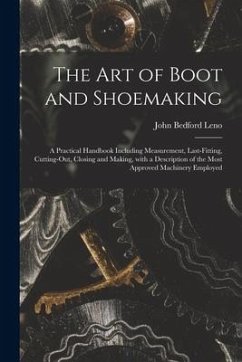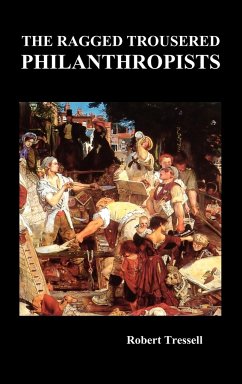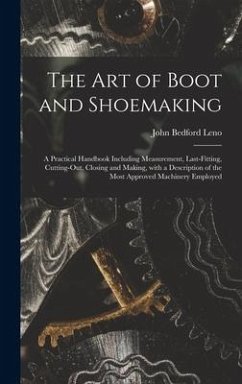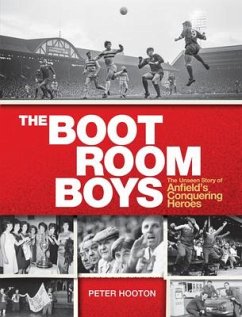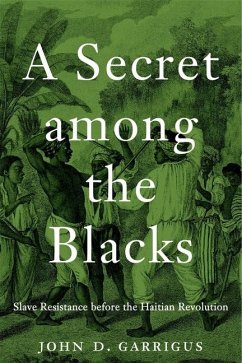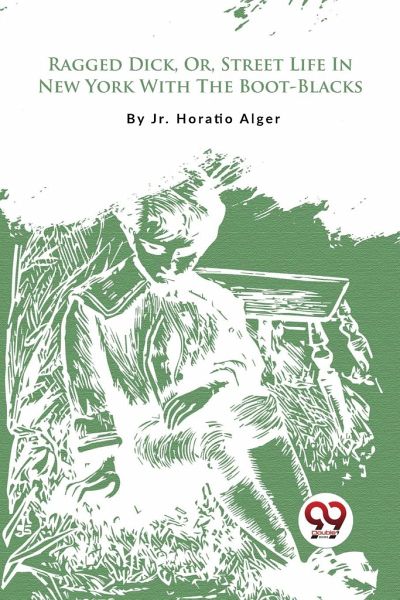
Ragged Dick, Or, Street Life In New York With The Boot-Blacks

PAYBACK Punkte
10 °P sammeln!
In the year 1867, "Ragged Dick" was published as a serial story in the Schoolmate, a well-known children's magazine. It garnered so much positive feedback when it was published that it was substantially expanded and revised. It is now made available to the public as the first book of a series meant to depict the existence and experiences of abandoned and stray children. Some anachronisms are acknowledged as supporting the plot development and are likely to be viewed as unimportant in an unpretentious book that does not strive for exact historical authenticity. The relevant data was mostly acqu...
In the year 1867, "Ragged Dick" was published as a serial story in the Schoolmate, a well-known children's magazine. It garnered so much positive feedback when it was published that it was substantially expanded and revised. It is now made available to the public as the first book of a series meant to depict the existence and experiences of abandoned and stray children. Some anachronisms are acknowledged as supporting the plot development and are likely to be viewed as unimportant in an unpretentious book that does not strive for exact historical authenticity. The relevant data was mostly acquired through personal observation and discussions with the boys. For some information that he was able to utilize, the author is grateful to the outstanding Superintendent of the Newsboys' Lodging House on Fulton Street. The author believes that the tales in this collection of books will arouse readers' empathy for the sad kids whose lives are depicted and inspire them to support the efforts being made by the Children's Aid Society and other organizations to improve their situation.






